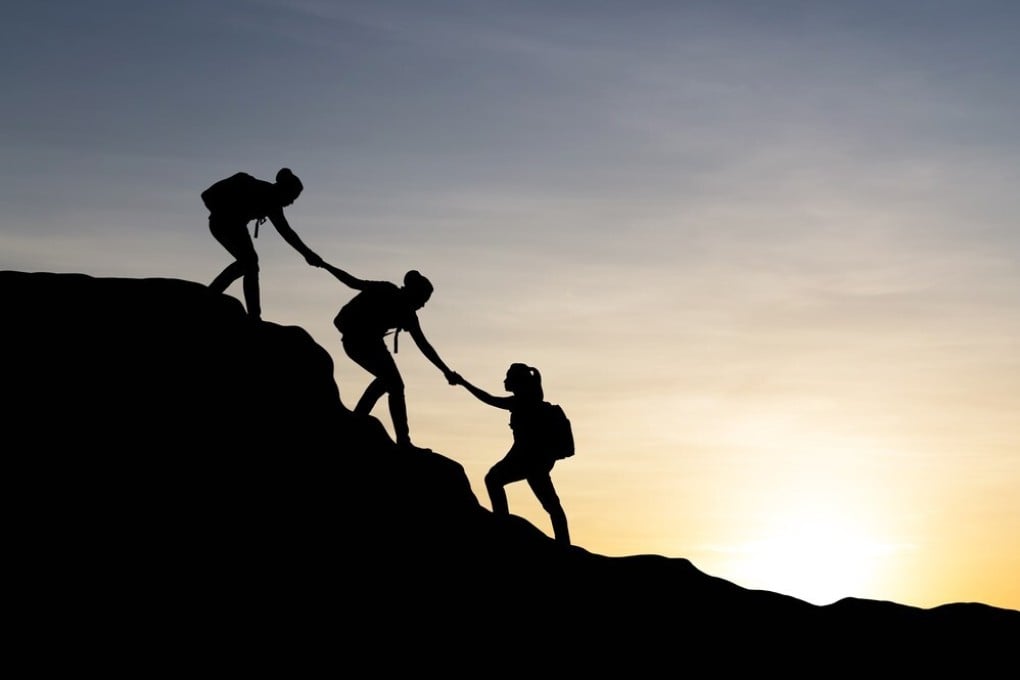Opinion | Why women should be at the forefront of world’s sustainable Covid-19 recovery
- The pandemic has created a once-in-a-lifetime chance for governments to reimagine sustainability, restore ecosystems and rethink the role of women
- We need those in charge to seize this opportunity. After all, the problems of a degrading planet are a job for all of us, not half of us

But we will not be out of the picture forever. We need solutions for ecosystem restoration that take into consideration the almost 8 billion of us sharing what is now a rapidly degrading planet. Some 1 million species are under threat of extinction. Wild spaces are disappearing. Zoonotic diseases like Covid-19 are likely to become more prevalent.

More importantly, we need solutions that don’t ignore the 4 billion women who are too often sidelined in environmental rehabilitation.
Multiple studies show that in many countries across the Asia-Pacific region, rural women possess a unique understanding of how nature works. They are the ones climbing mountains to collect firewood and cook for their families. They are the ones fording rivers and streams for water to drink and clean with. This knowledge can be used to improve lives and revive the planet.


